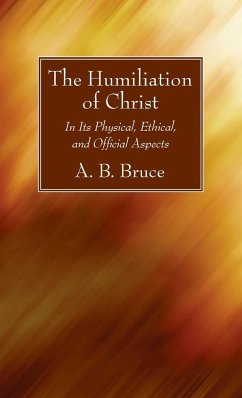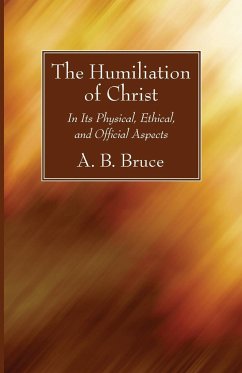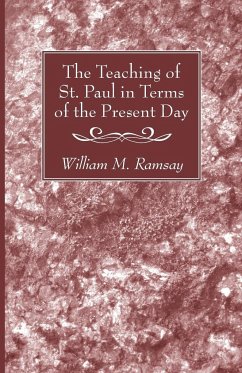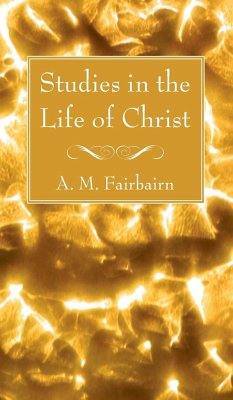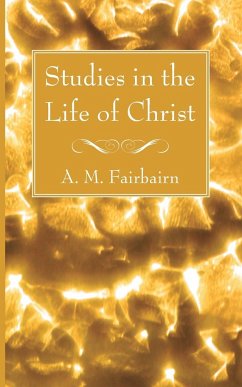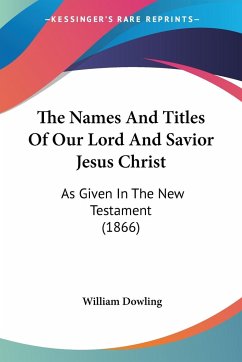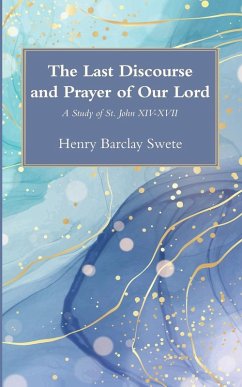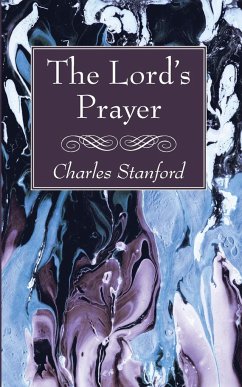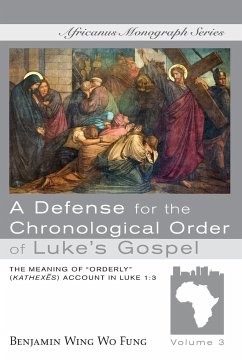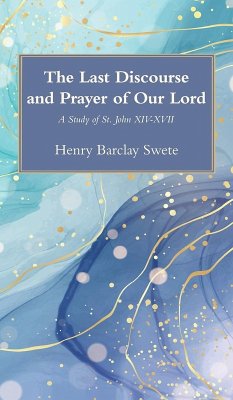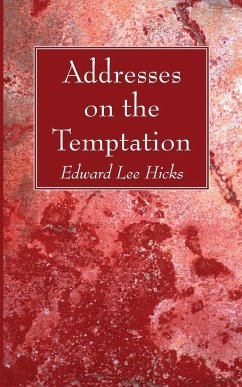
Addresses on the Temptation
Versandkostenfrei!
Versandfertig in 1-2 Wochen
14,99 €
inkl. MwSt.
Weitere Ausgaben:

PAYBACK Punkte
7 °P sammeln!
For many years I have felt that in the story of the Temptation we have a self-revelation of the mind of Christ, embodied in a brief and deeply symbolic narrative, the right interpretation of which, if we could but compass it, would yield invaluable results. The study of the Temptation involves the question of the supernatural. But again it is obvious, that the miraculous or supernatural in the Gospel centres in the Personality of Christ. When, from a study of the records, we have made up our minds (I speak reverently) who and what He is, we may then enquire whether what is termed the miraculou...
For many years I have felt that in the story of the Temptation we have a self-revelation of the mind of Christ, embodied in a brief and deeply symbolic narrative, the right interpretation of which, if we could but compass it, would yield invaluable results. The study of the Temptation involves the question of the supernatural. But again it is obvious, that the miraculous or supernatural in the Gospel centres in the Personality of Christ. When, from a study of the records, we have made up our minds (I speak reverently) who and what He is, we may then enquire whether what is termed the miraculous element in the story befits our conception of Himself.





